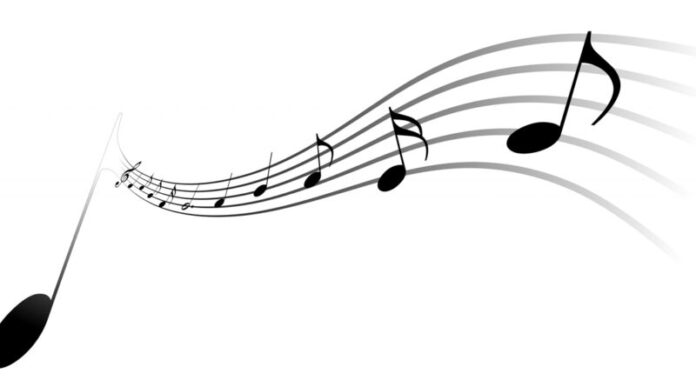
Bulgaria’s vibrant summer season is synonymous with music, dancing, and a bustling influx of tourists, but for many local residents, the festivities bring an unwelcome side effect: rising noise pollution.
According to a new analysis conducted by acoustics specialists at DECIBEL, noise levels in major cities and coastal resorts climb sharply during the peak tourist months, fueled by late-night parties, outdoor concerts, and a packed festival calendar.
The research team combined seasonal event data with Google search interest for noise-related complaints, including terms such as “noise complaint,” “restaurant noise,” and “night noise law.”
Their findings reveal a distinct seasonal pattern: the summer months consistently see the highest volume of online searches for noise grievances, aligning with the country’s busiest event schedule.
“Noise pollution is not just an inconvenience; it impacts public health, stress levels, and overall quality of life,” said Ivan Dimitrov, an acoustics consultant at DECIBEL. “Our data shows a clear spike in complaints during periods of intense tourist activity and outdoor entertainment.”
Bulgaria’s coastal resorts, including Sunny Beach, Varna, and Burgas, have long been magnets for partygoers and music festival enthusiasts.
Events like Spirit of Burgas and the Kavarna Rock Fest draw international crowds, while local municipalities often host open-air concerts well into the night.
In Sofia and Plovdiv, city squares and parks transform into live stages for cultural and folk festivals, further amplifying the urban soundscape.
For many residents, however, the excitement is tempered by sleepless nights. Complaints to municipal hotlines typically cite loud music from restaurants and bars, fireworks, and prolonged street activity.
Experts warn that long-term exposure to excessive noise can contribute to health issues such as hypertension, anxiety, and disrupted sleep cycles.
The Bulgarian Ministry of Environment has previously acknowledged the challenge of balancing tourism-driven economic benefits with residents’ well-being.
Existing regulations include “quiet hours” and limits on decibel levels for commercial establishments, but enforcement can be inconsistent, particularly in busy tourist hubs.
Some municipalities have attempted to mediate the problem by designating specific areas for nightlife activities or introducing earlier cut-off times for outdoor music.
However, business owners in the tourism sector argue that stricter measures could undermine the appeal of Bulgaria as a summer party destination.
As the 2025 summer season enters full swing, experts suggest that proactive solutions are needed to mitigate the noise surge.
These include better enforcement of existing noise laws, public awareness campaigns for event organizers, and potential investments in urban sound monitoring technologies.
Despite the tension between celebration and serenity, Bulgaria’s summer scene remains a major draw for both locals and visitors.
For residents living in the heart of the action, the hope is that future summers can strike a balance between vibrant entertainment and peaceful nights.
This article was created using automation technology and was thoroughly edited and fact-checked by one of our editorial staff members
